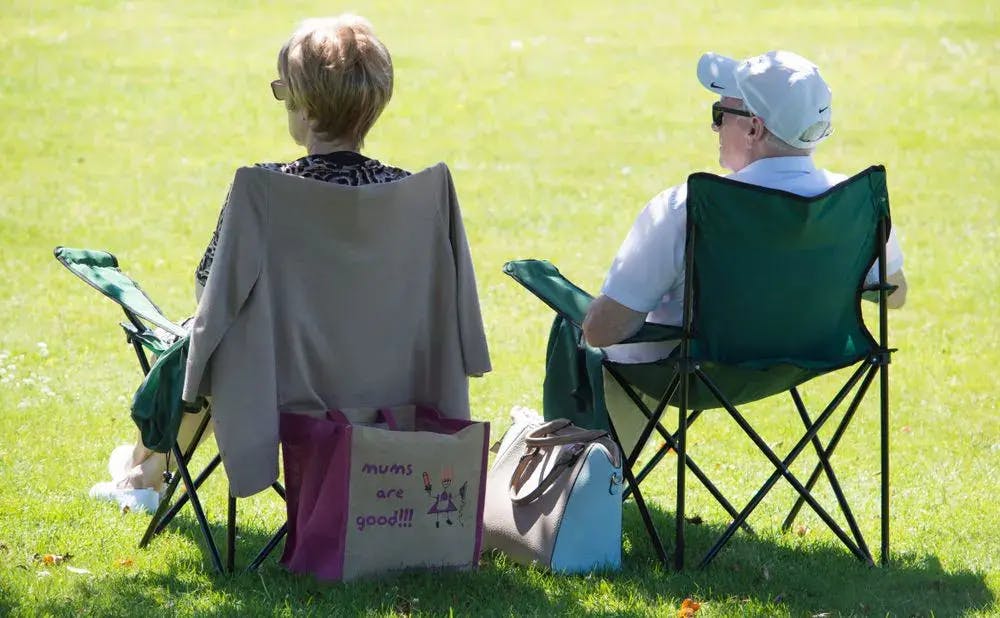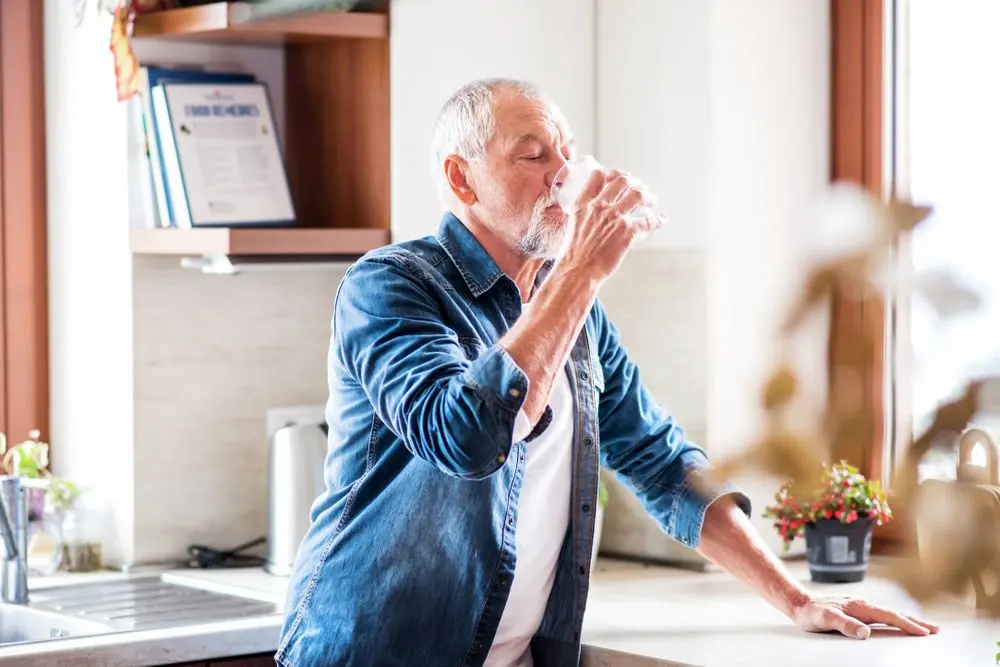Heatwaves and the Elderly: How to Look After Your Loved Ones in The Sunshine

Estimated Reading Time: 5 minutes
For many people, this summer’s heatwave is a chance to enjoy the outdoors. Spending time outdoors can be beneficial for our health. It can:
Boost your vitamin D levels
Improve your focus
Lessen anxiety
However, too much heat poses a risk to our elderly loved ones, especially for those living with dementia.
Our new research has found that Google searches have surged for advice on heat exhaustion and heatstroke:
Over 5000% increase in online searches for 'what are the first signs of heat exhaustion' and 'does heat stroke cause vomiting'
170% increase in online searches for 'symptoms of heat stroke'
Arrange care at home
Browse the best home care in your area.
Heatwave Advice For Older Adults
A heatwave can affect anyone, but those over 75 are more susceptible to health risks, especially if they live on their own. It’s important to follow the right heatwave advice, so you can keep yourself - and your elderly loved ones - protected.
As people get older, the sensation of thirst changes. Some may not feel thirsty – even though they aren’t drinking enough – especially somebody living with dementia. They may not recognise the signs they need to drink more or may struggle to communicate their needs to others.
It’s important to be aware of the signs of dehydration in the elderly. Firstly, look for physical symptoms, including a dry mouth, lips and eyes. Secondly, your loved one may appear confused (or more so than normal) and they may complain of feeling dizzy. Finally, look out for a loss of appetite, fast breathing, and a high temperature (38°C and above).

Symptoms of Heat Stroke in the Elderly
Heatstroke puts your health at risk, especially when you get older. The effects of heatstroke is one of the major reasons why warm weather safety is so important.
Older people living in their own home or flat without air conditioning or a fan will be at the greatest risk. Similarly, people are at a much higher risk when they become dehydrated. So, it’s important to know the most common symptoms to watch out for.
Here are some of the most common signs and symptoms of heat stroke:
Headaches, dizziness and confusion
A loss of appetite, nausea and vomiting
Not sweating, even if it’s very hot
Dry, flushed skin
A sudden change in behaviour - such as confusion, agitation, staggering and generally acting in a strange manner
Feeling incredibly thirsty
A body temperature over 40°C
Rapid breathing and a racing heart rate
Fainting and drifting in and out of consciousness
If you – or your elderly loved one – are showing any signs of heat exhaustion or heatstroke, it’s important to seek support from a medical professional immediately.
For more information, take a look at the NHS advice on heat exhaustion and heatstroke.
Here’s How to Keep Your Loved Ones Safe During the Heatwave
Below, we’ve provided five heatwave advice tips for older adults. Following this advice will help ensure that you or your loved ones can enjoy the delightfully warm weather, without falling ill or suffering from heatstroke in the process.
1. Make sure drinks are easy-to-reach
If your elderly loved one lives on their own and has limited mobility, make sure they have plenty of cold drinks within easy reach. For instance, place a jug of fresh, cold water in every room and in their usual relaxation spots, including next to their favourite chair.
You may find it helpful to place any refreshments in brightly coloured glasses, so it captures their attention when they’re moving around their home.
2. Share a cold drink together
If you’re able to visit your loved one during the warm weather, why not pop round with some cold refreshments? It’s a great way to enjoy the sunshine together, socialise and ensure they have all they need in the heat.
If you’re unable to – and they live on their own – make sure you ask a close friend or neighbour to check in on your loved one.
3. Offer the right foods
Dehydration is a common challenge for older people, especially for those with dementia. Fortunately, it’s not only drinks that can help you top up your fluid levels: lots of fruit and vegetables are also great sources of water.
Cucumber, tomatoes, mushrooms, melons and oranges are packed full of water, meaning they make the perfect snack. You could make delicious and fresh fruit salad for both of you to tuck into.

4. Ensure they’re dressed appropriately
There’s a high risk of heat exhaustion or heatstroke when it’s very hot outside. To prevent any heat-related conditions, make sure you – and your loved one – wear light-coloured, loose clothing.
If your loved one who has dementia dresses themselves, they may wear their usual clothes and forget to dress for the warmer weather. The most important thing is that your loved one feels cool and comfortable. This way, their risk of heatstroke will reduce.
5. Find ways to cool off
A cool bath or shower works wonders for cooling people down during a heatwave. If you notice your elderly loved one is hot, move them to a cool place and gently spray them with cool water. A fan will also cool them down and ensure they stay well. Make sure you stay with your elderly relative until they’re better.



